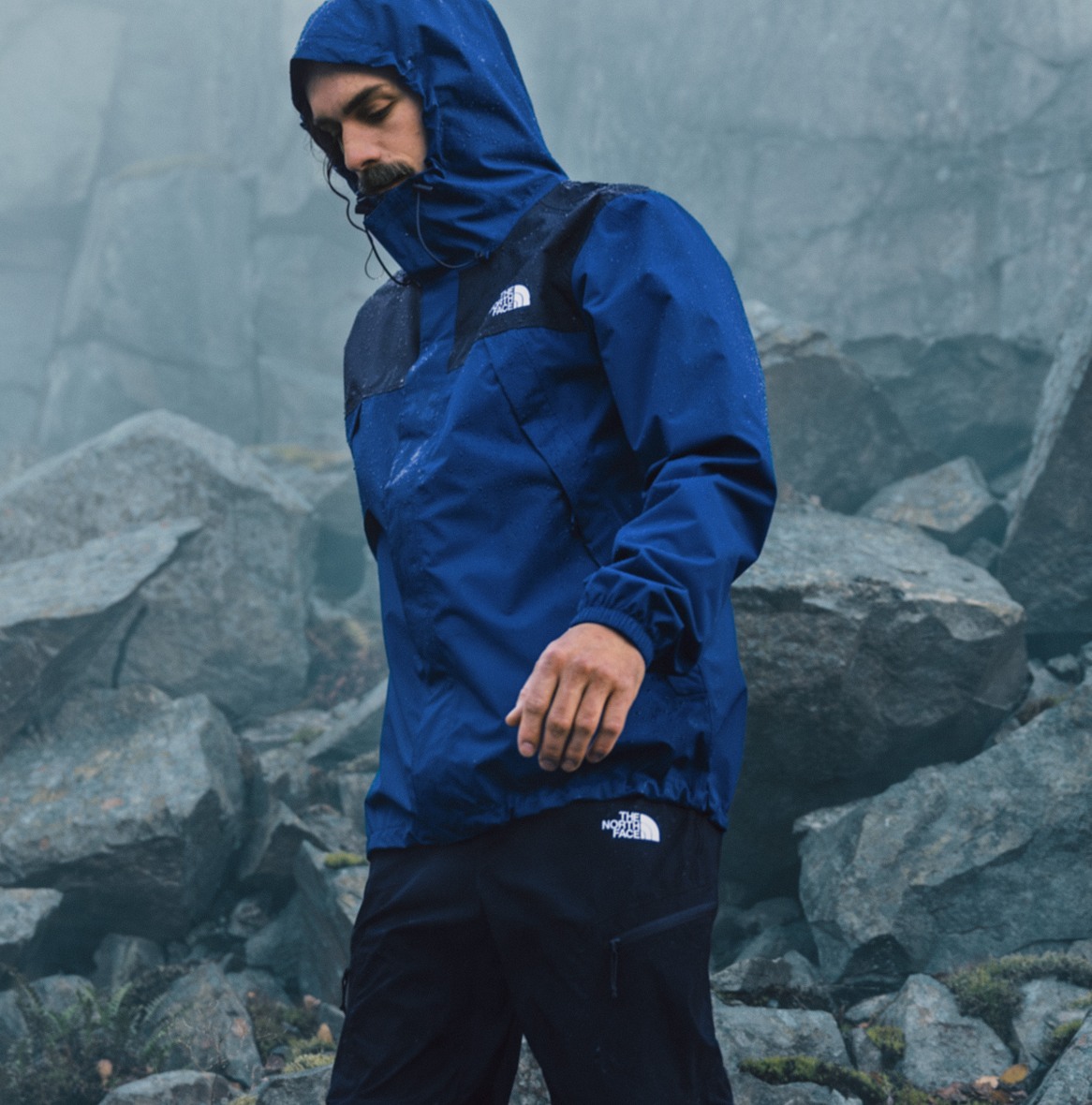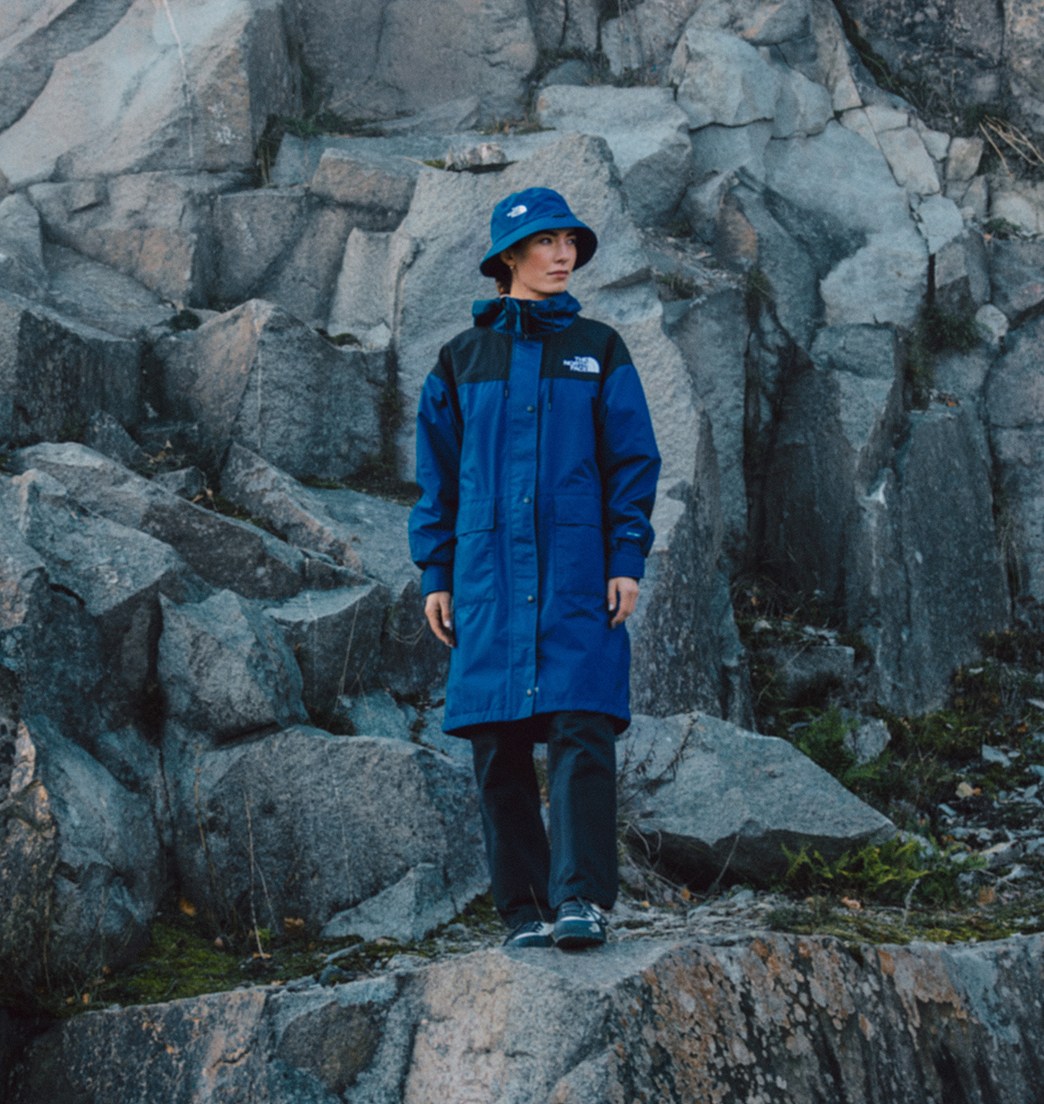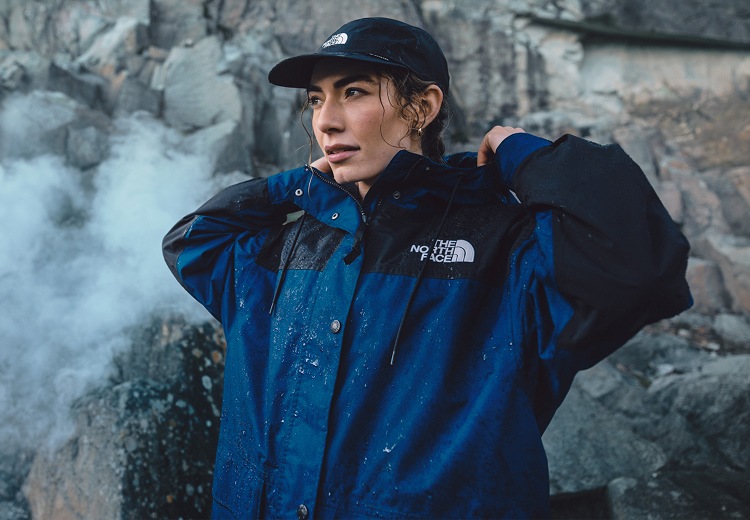
How to wash a waterproof jacket
Waterproof jackets are specially designed to provide long-lasting wet weather protection and breathability – but like any other outdoor garment, they should be washed occasionally to ensure optimum performance and longevity. Extended wear, dirt, sunscreen and sweat can reduce the effectiveness of your jacket's Durable Water Repellent (DWR) protection.
When you've been hitting the trails hard, and your waterproof jacket is looking a little worse for wear, washing it can give it a new lease on life. But it's important to know how to wash a waterproof coat or jacket the right way to avoid damaging the waterproof membrane.
Waterproof clothing wash tips

Always check the care label of your
waterproof clothing for exact
instructions

Before washing, lightly brush off
any caked-on mud or dirt.
Close all zips and Velcro® fasteners
on your jacket.

Make sure your washing machine's
detergent compartment is free
from any leftover harsh detergents
or bleach powder.

Wash your waterproof jacket
on a cold, gentle machine
wash cycle.

Run your jacket through the rinse
cycle to ensure all residue is washed out.

Hang to dry naturally.
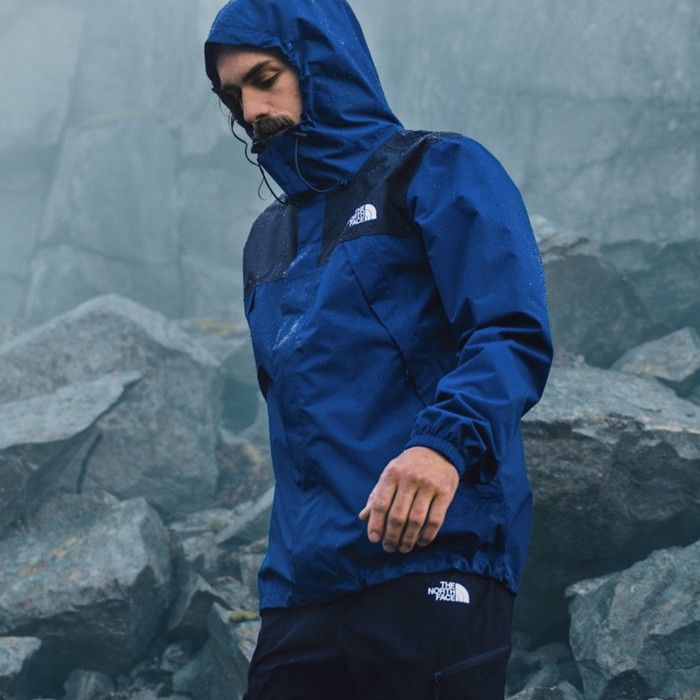
Can you wash waterproof jackets at home?
It's always best to check the care label on your waterproof jacket before washing it at home.
However, as a general rule of thumb, waterproof jackets can be washed at home using a detergent designed for waterproof and technical gear or a gentle powder detergent.
Always avoid using harsh powder detergents, fabric softener and chlorine bleach, as these can remove or degrade the Durable Water Repellent finish on the outside of the fabric.
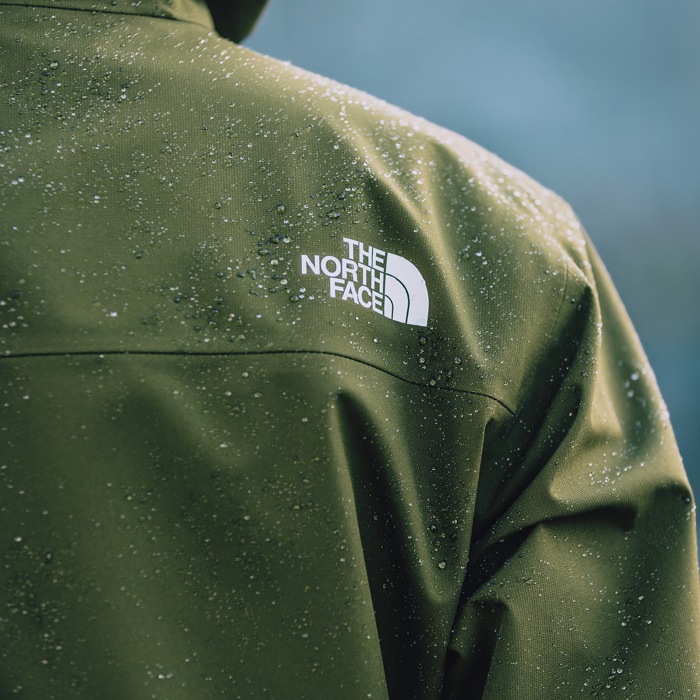
How often should you wash
a waterproof jacket?
How often to wash your waterproof jacket depends on how regularly you use
it and the types of conditions you use it in. Basically, wash it only when it really needs it.
That said, if your waterproof jacket looks visibly dirty, is damp or is starting to smell,
aim to wash it as soon as possible.
Why do waterproof jackets have to be washed differently from other jackets?
Waterproof jackets and rain jackets have what's known as a 'Durable Water Repellent (DWR)' finish on the outside, which is a special treatment that makes a jacket waterproof.
Washing on a hot cycle or using harsh types of detergents can damage the DWR treatment, which can reduce the jacket's ability to prevent water from being absorbed. If the DWR is damaged, you'll notice that the surface of the jacket will saturate with water.
Washing on a cold, gentle cycle and using mild detergent helps keep the DWR coating on a waterproof jacket in good condition for longer.
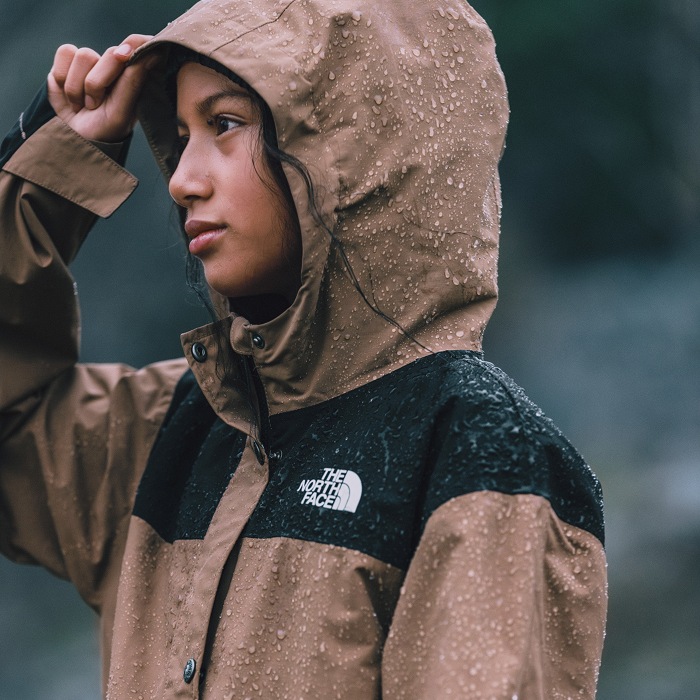
How to wash a The North Face waterproof jacket
Whether your The North Face waterproof jacket utilises technology like FutureLight™, DryVent or GORE-TEX, you can still wash it. It is highly recommended that you wash your jacket at or below 40°C on a gentle cycle. The reduced spin rate can minimise any damage or creasing that can be caused by your jacket twisting.
We also recommend using a detergent designed for waterproof and technical gear or a mild powder detergent. Never use harsh powder detergents, fabric softener or chlorine bleach.
Before washing ensure your jacket is turned inside out and that all zips and fasteners are closed.
To ensure the detergent residue is completely washed out, we suggest running your jacket through the rinse cycle before hanging it to dry.
The North Face footwear and clothing care range features premium formulations designed to help you keep your waterproof gear clean and protected, maximising the lifespan of your apparel.
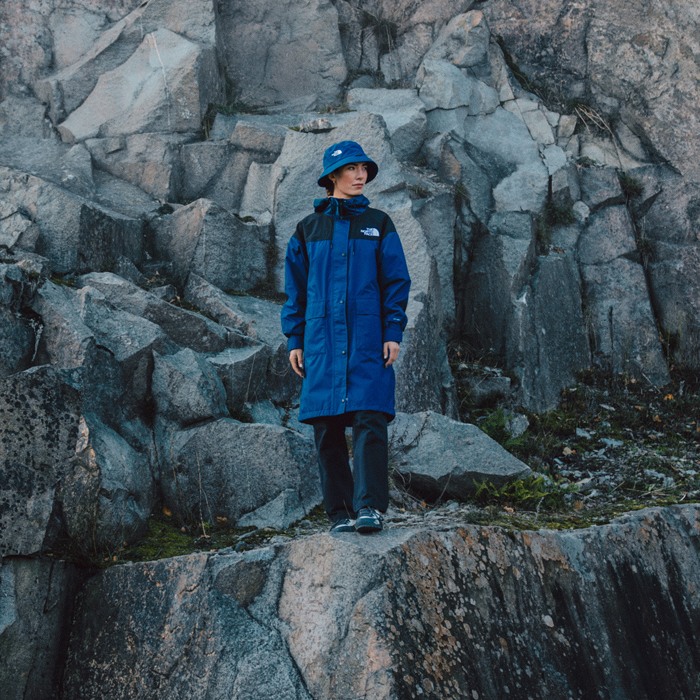
Can you tumble-dry a waterproof jacket?
Waterproof jackets should only be tumble dried on a low heat setting if the care instructions say it's ok to do so.
In fact tumble drying your The North Face jacket reactivates the durable water-repellent coating on the outside. If you don’t have a tumble dryer, you can leave your gear to dry by hanging it over a warm radiator or ironing it with a towel on top.
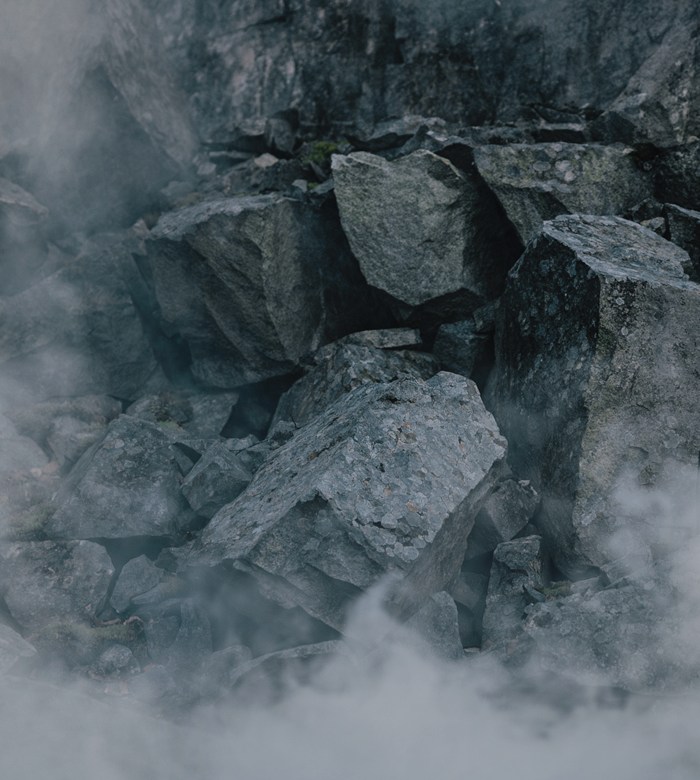
Washing your The North Face waterproof jacket will help keep it in the best condition for as long as possible. Follow the care instructions on the label, and your jacket will be a reliable companion on your outdoor adventures for years to come.
